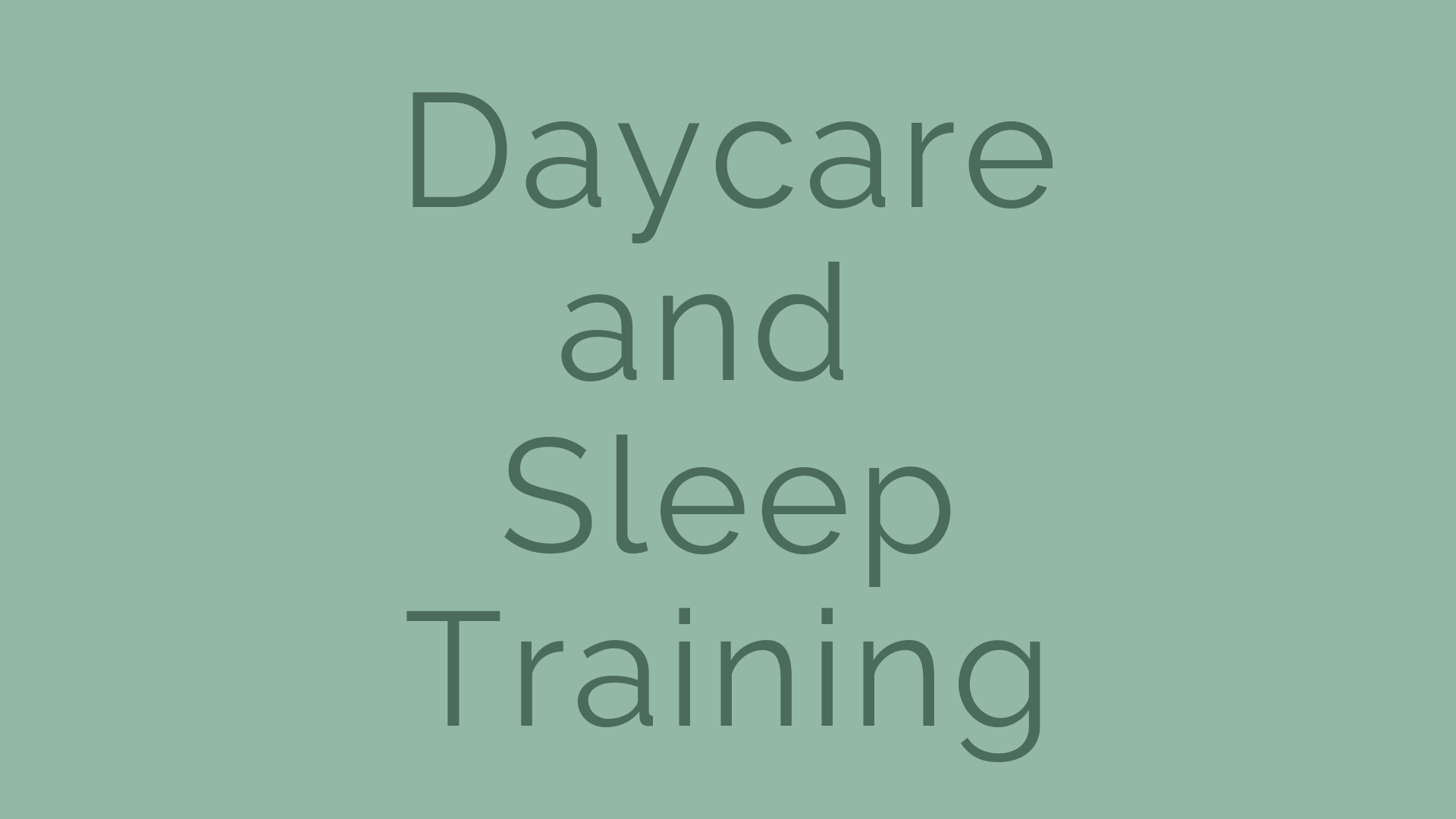If you’re here, you’re wondering how to get Dad on board with sleep training. But before I answer that question, here’s a little tidbit about me. I generally shy away from assuming families using the Baby Sleep Trainer online courses follow the “traditional” family model. I’m talking about where Mom is the baby’s primary caretaker. (And is not the main breadwinner.)
In this dynamic, it’s also assumed Dad works outside the home in paid employment. Many times Mom does some sort of paid employment. However, she is often not the main breadwinner. Mom and Dad are also typically married.
The reason I don’t like to assume my families fall into this model is not because it’s not common… (Most of the users of my programs are in fact married, and in heterosexual relationships.) But because I like to use my position of influence to honor all types of families. However, for this blog post, I will speak to one issue that is quite common. And that is how to get Dad on board with sleep training.

Photo Credit: Ricardo Moura
I frequently encounter mothers who are desperate for sleep help, and have found someone online who they feel can guide them through the process. This is generally after they exhaust all other avenues of figuring out their children’s sleep issues solo. They read books, ask their friends, and spend hours consuming every free resource they can find to get their child to sleep. (Unfortunately, with little success…)
Mom finally realizes it’s very, very difficult to sleep train without a solid plan that walks her through the process from start to finish. She also realizes that even with a plan, she needs someone to be able to ask questions and get clear answers. Ideally the person to answer her questions will be an expert who’s worked with thousands of children. Whatever the price point, she thinks it’s worthwhile since lack of sleep seems to be slowly killing her. (An exaggeration, I know, but many women do feel this way).
Why Dad May Not Understand the Problem
Currently, Mom is her child’s full-time caretaker, and is not working in paid employment. Or, if she does work, it’s part-time, and she doesn’t earn a lot of money. In her marriage, financial decisions are made together. This means she needs her husband to approve of any large purchases.
Here is where things get dicey. Many Dads don’t feel it’s worthwhile to pay for sleep help. They usually feel one or more of the following:
1) That Mom should be able to “just figure it out” (since her main/only job is to take care of children).
2) Since they aren’t personally experiencing the effects of sleep deprivation, they struggle to empathize with how desperate Mom feels for help.
3) Or, they don’t trust whatever program Mom has selected. They haven’t been doing the research like Mom, and haven’t read the reviews of the program or sleep coach.
“Just Figure it Out”
In this situation, I suggest Mom ask Dad to sit down and talk about what her research on this issue. It’s important that Mom’s approach be non-combative. She can explain every resource in detail, and exactly why she feels it hasn’t worked. Then, she can tie those reasons into why she feels the program she’s selected will address the issues she’s struggling with.
Finally, she should remind Dad of how much she is suffering. And, how the cost of said program is likely equivalent to a weeks’ worth of groceries.
Essentially, Mom should set aside a time to…
a) make a clear and concise presentation of what the problem is,
b) the lengths she’s gone to fix it,
and c) why her selected online course is the right solution.
She should also remind Dad that as she stays home full-time, and is her child’s primary caretaker, she is an expert in this matter. Many employees receive “professional development courses,” or “continuing education” for their job. This is exactly what Mom is asking for in her job.
Lack of Empathy
If I can identify that the only reason my spouse is not on board with paying for help with sleep training is because he can’t empathize with how I feel, then I would simply say the following:
“Sleep deprivation is killing me, and I am worried about my personal health and my ability to care for the baby. I won’t be doing overnight caretaking duties on Friday nights, and Saturday nights.” (Assuming Dad works M-F.) I would also inform my spouse that I would be taking Monday nights and Wednesday nights, and that he’s on duty Tuesday and Thursday nights.
Yes, your partner will be furious and a fight may ensue. Be prepared to stay extremely calm. If you have the type of partner who sleeps through everything, hand them the baby every time the baby wakes on their nights, and go back to sleep. Every time you hear from him that’s he’s tired, remind him you have a solution to the problem. And remind him how you feel taking on the brunt of childcare overnight and during the day.
Not Trusting the Program
Similar to “Just Figure it Out,” set aside a time to present to your husband why the course you select is worthwhile. Emphasize the coach who created it, how much experience she has, and several reviews. Go through her social media, and enumerate all the reasons you feel her course is the right one for you.
At the end of the day, the reason most women encounter this issue with their spouse is because they are not doing an effective job of being their own advocate. Because they don’t have paid employment, they often feel their spouse is entitled to approve financial decisions. You must advocate for yourself. And you must be okay with your husband being upset.
You can do it!
Being your own advocate is hard. I know this because I have been working on it for years myself. If you are generally a “non-conflict” type of person, you need to work to get over that. You are not only advocating for yourself, but also for the health of your baby. Be ready to fight for yourself, and for what you and baby need.
If you would like more support on your sleep training journey, sign up for my newsletter where I give you my best tips and tricks for all things sleep-related.





Leave A Comment